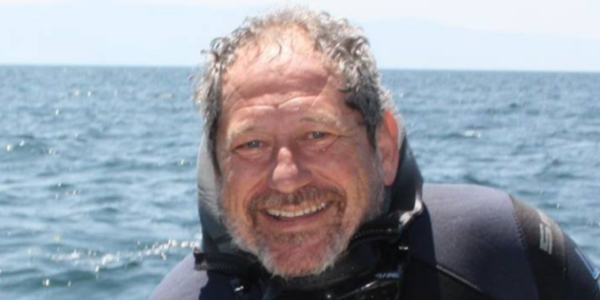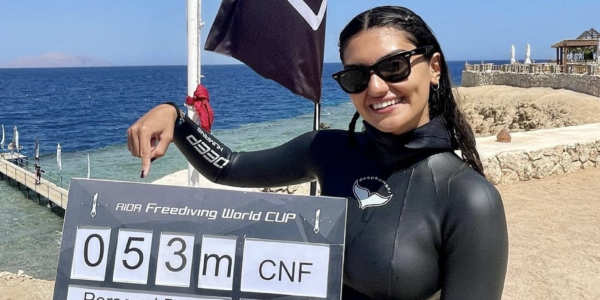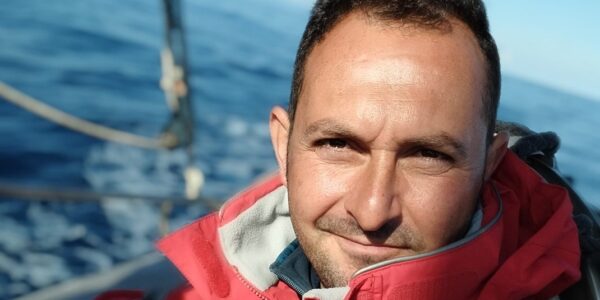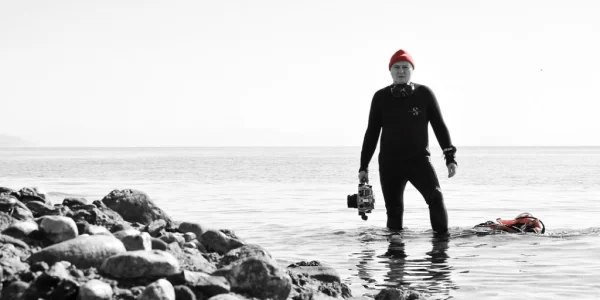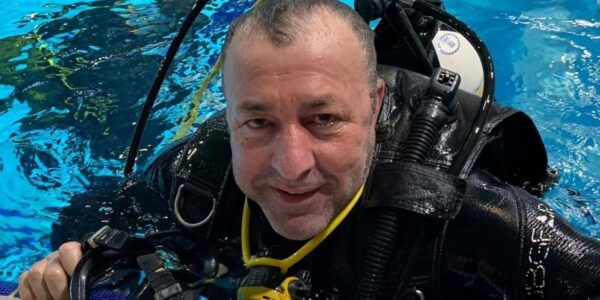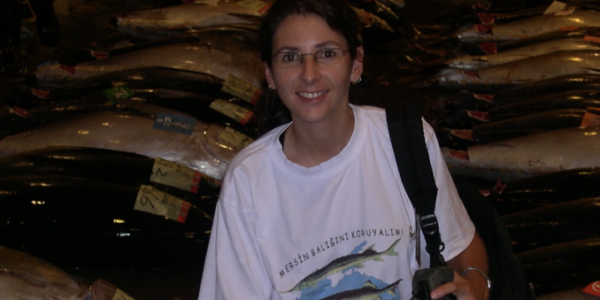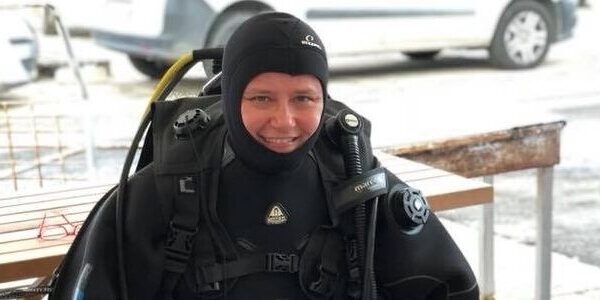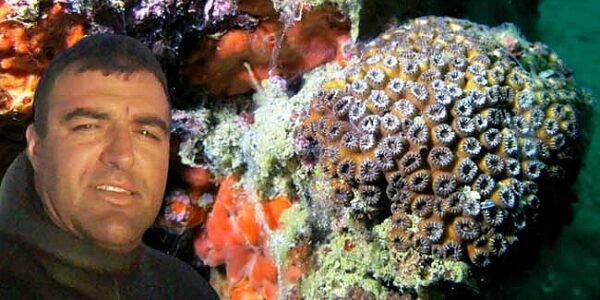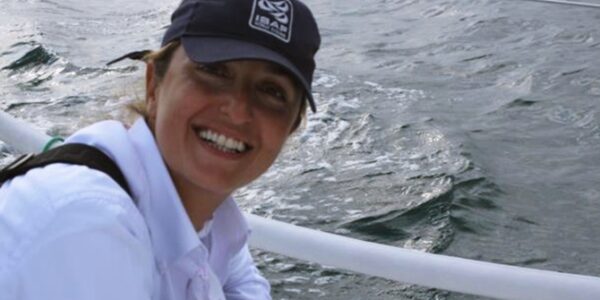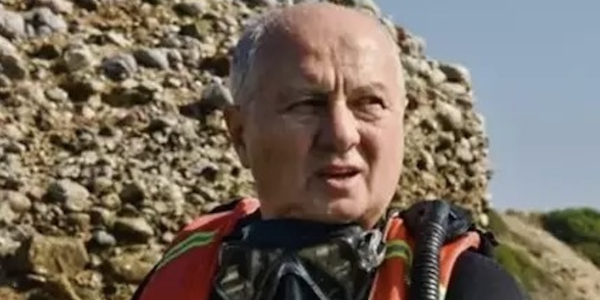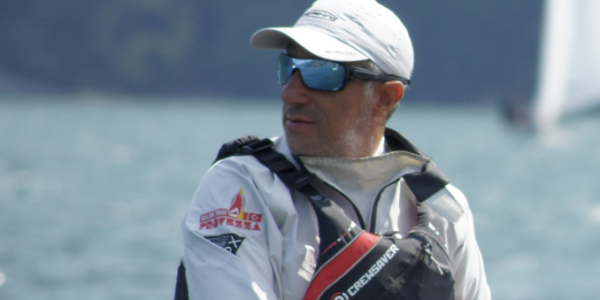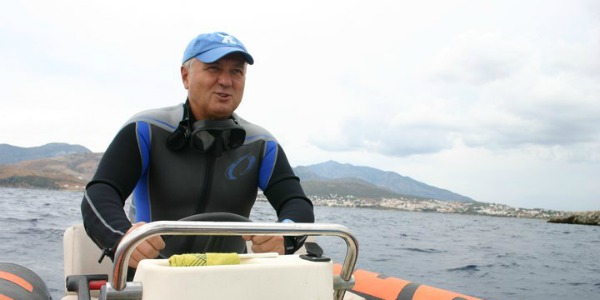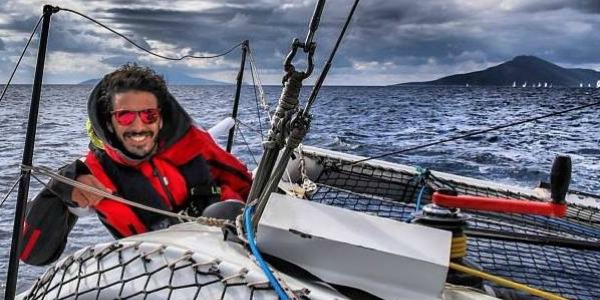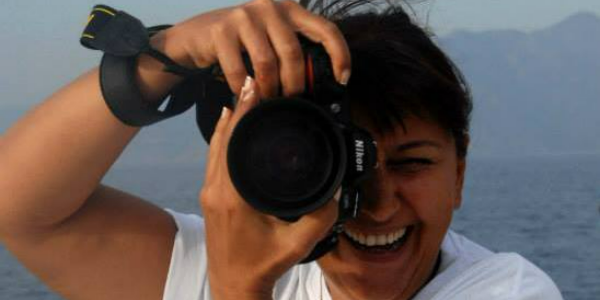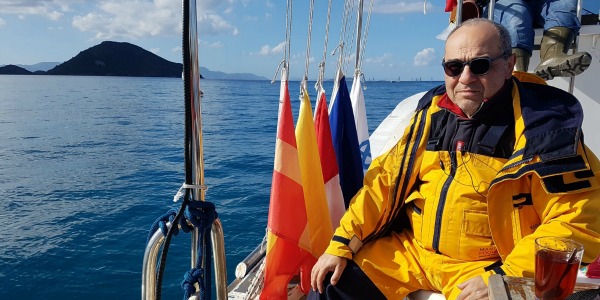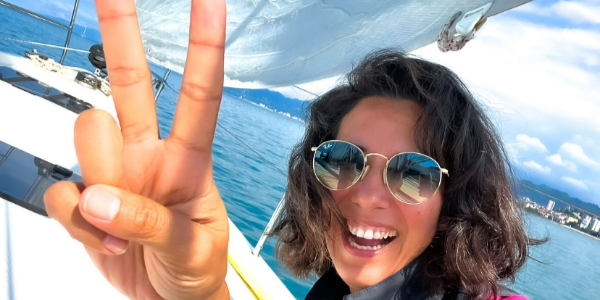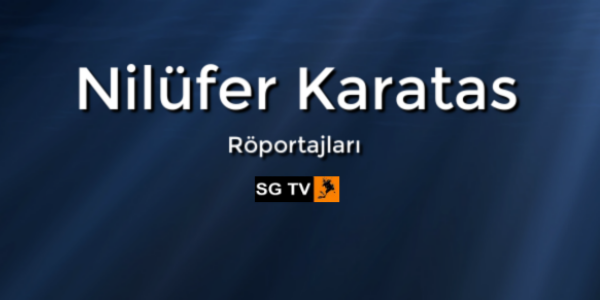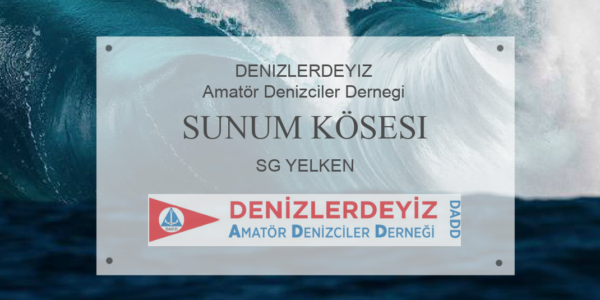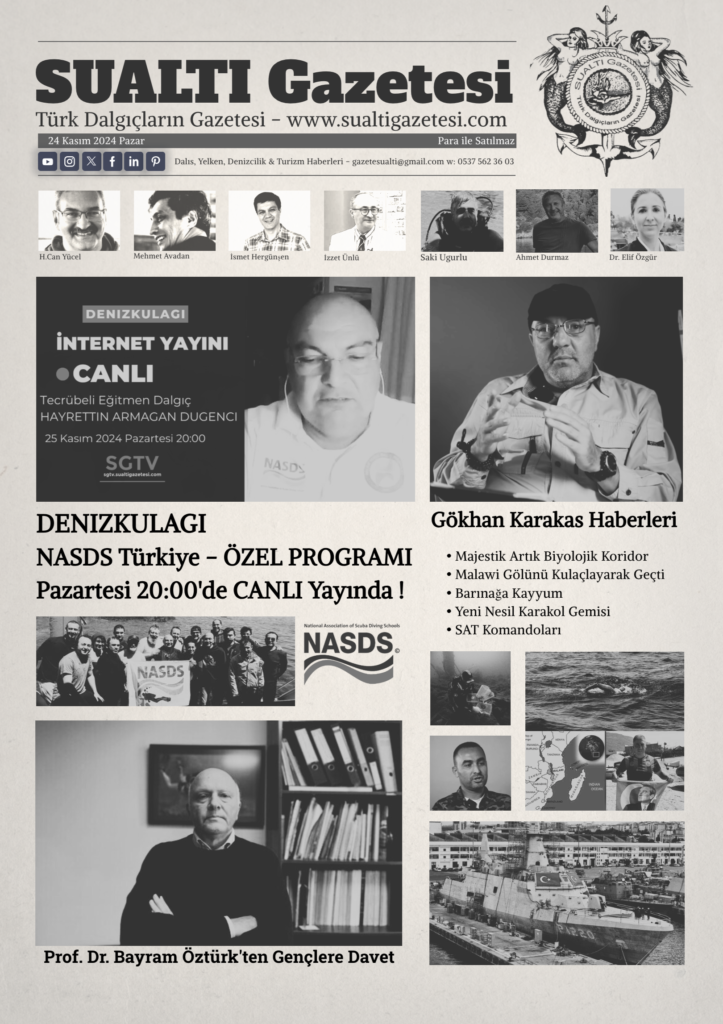
The Thai government has issued an order banning dive students and instructors from taking photographs during training programmes, with the exception of underwater photography courses.
Additionally, the use of cameras underwater has been universally limited to divers with a minimum of an Advanced Open Water equivalent certification, or 40 logged dives – for which they will have to be able to provide evidence.
The order, which was first announced on 26 March and came into force on 22 April, is part of a raft of measures aimed at reducing widespread damage to the nation’s coral reefs, and includes new regulations covering group sizes for diving, dive training, ‘try dives’ and snorkelling activities.
The official order from Thailand’s Ministry of Natural Resources & Environment begins stating that (translated from Thai) ‘…coral reefs in Thailand, which are marine and coastal resources, have been severely destroyed or damaged to a critical level from diving tourism activities… and it is essential to preserve, protect and conserve coral reefs for sustainable use.’
As of this week, divers must be briefed on best practices for protecting the coral, and must be supervised at all times by a dive professional. Dive groups can contain no more than four divers per guide, with the same ratio applying to students and instructors during dive training programmes.
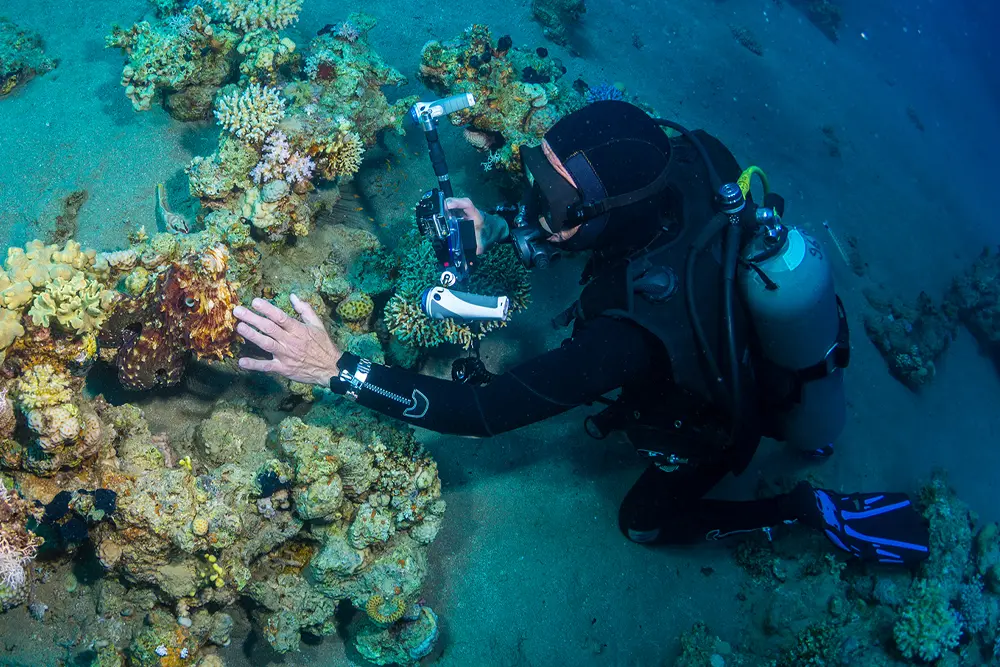
‘Try dives’, including PADI Discover Scuba Diving (DSD) and SSI’s Try Diving programmes, must be conducted with a maximum of two students, each of whom must be supervised by an appropriately qualified dive professional.
New rules for snorkellers have also been implemented, with snorkelling only permissible in places where the water level is at least 2 metres above the reef.
Snorkellers must also wear a life jacket at all times, unless they hold a scuba diving certification (presumably because you are required to either swim or snorkel a distance unaided to be certified as a diver), and must be shown how to control their fins before being allowed to duck dive down to the reef.
Snuba (underwater walking with an air-supplied helmet) is banned entirely in coral reef areas, as is feeding fish and other aquatic animals, touching or moving corals and throwing rubbish into the sea.
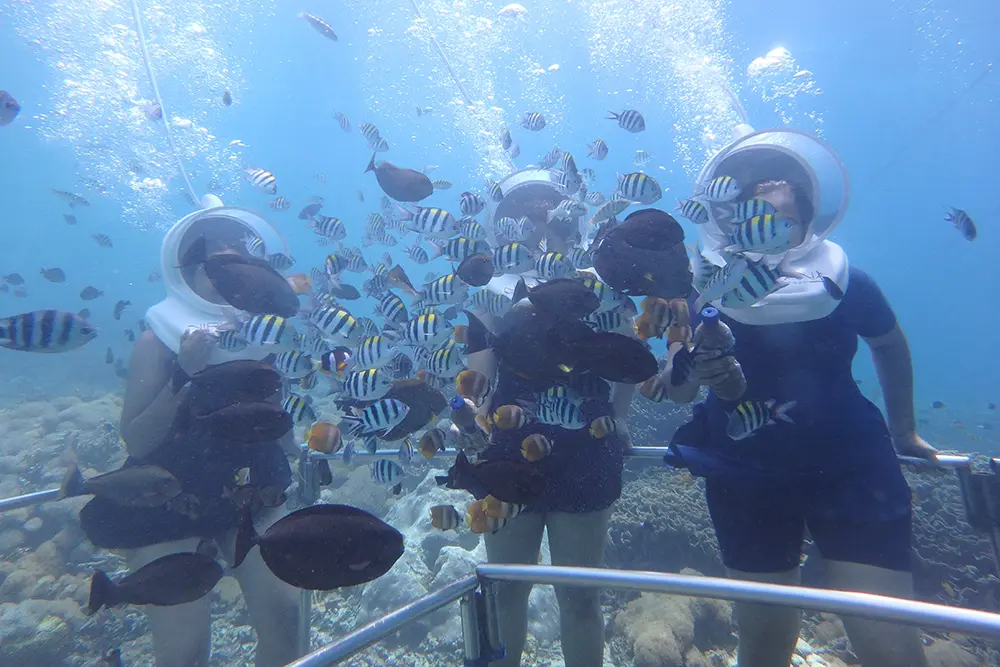
Any violation of the new standards may result in the tourist being banned from further activities, and potentially reported to the authorities.
Dive professionals and other ‘supervisors’ who fail to comply with the new rules may have their licenses revoked and find themselves facing financial penalties, or in the worst case scenarios, jail time.
Exceptions to the order are made for those who may be ‘scuba diving for educational purposes, academic research or diving for the conservation and restoration of marine coastal resources’, as long as the activity is conducted under the auspices of a responsible agency.
The complete statement is available (in Thai only) from the pages of the Royal Gazette. The key points are translated (and somewhat paraphrased) as below:
Section 4: In organising diving tourism activities, operators have the following duties:
- A supervisor or assistant supervisor must accompany divers at all times while diving
- Life jackets must be provided to tourists snorkelling in the coral reef area.
Section 5: Supervisors and assistant supervisors [defined as people qualified to conduct a particular programme] have the duty to control and supervise dive tourism activities in accordance with the following criteria:
- Dive tourists must have completed appropriate training, and must be supervised at a ratio of one guide for every four divers.
- Inform tourists about relevant laws and regulations as well as good practices for diving without harming corals and marine life, plus inform tourists of other official laws within the boundaries of the national parks or other marine conservation areas.
- There must be one supervisor for every twenty snorkellers
- There must be one supervisor for every twenty freedivers, where ‘freediving’ is defined as holding your breath underwater for the purposes of sightseeing and viewing coral or marine life (so, more appropriately, ‘duck diving’)
- A maximum of two students for every try dive, with one supervisor per student each
- One instructor for every four dive students, and courses must be conducted on sandy areas away from the coral reef.
- Dive students and instructors are prohibited from taking underwater photographs, unless a person with a minimum AOW or equivalent certification, or 40 logged dives (with proof), is specifically assigned to the task. An exception appears to have been made for underwater photography courses!
- Divers must have an AOW or an equivalent certification, or 40 logged dives (with proof), to take a camera underwater.
- Snorkelling is permitted only in areas where the water level is at least 2 metres above the reef
- Snorkel guides must inform tourists how to control their fins – and must test their ability to do so away from the reef – before allowing them to duck-dive towards the coral
- Snorkellers must wear life jackets at all times when snorkelling in coral reef areas, unless they have a scuba diving certification
Section 6: The following actions are prohibited in coral reef areas:
- Guides moving corals or animals or any living creature for tourists to see
- Kicking or touching coral, aquatic animals, or any living creature
- Doing anything that causes sediment to fall on or cover the coral or causes damage to the coral
- Feeding fish or aquatic animals
- Throwing garbage into the sea
- Engaging in dive tourism activities such as Sea Walker, or by any other method that involves walking or moving on the sea floor
The post Thailand bans entry-level divers from using cameras underwater appeared first on DIVE Magazine.

